Date: 13 August 2007
Glasstech will be located at Booth 3923 at the Georgia World Congress Center; Atlanta, Georgia.
The company will feature its highly energy-efficient FCH2™ Architectural Flat-Glass Tempering System; the advanced roll-forming technology used by its family of Cylindrical Radius Bender (CRB) Systems; the high-efficiency windshield system, the EPB-L™; and its recently announced “No Net Cost” System Performance Audits.
FCH2 Architectural Flat-Glass Tempering System
Glasstech’s FCH2 Architectural Flat-Glass Tempering System is a gas-fired forced-convection system that processes clear or coated glass, including hard- and soft-coated Low-E glass.
Under normal circumstances, the FCH2 can heat clear glass at a typical cycle time of 30 seconds per millimeter of thickness and high-performance, soft-coat Low-E glass at a typical cycle time of 33 seconds per millimeter. Reduced heating time provides for higher quality with less distortion, improves productivity, results in superior flatness and reduces processing cost.
Gas-fired forced-convection heating offers the lowest energy costs per square foot of glass processed and has been proven to be as much as 50 percent less expensive to operate than standard electric heaters. Also, gas provides 25 percent shorter cycle times.
Cylindrical Radius Bender (CRB) Systems
The advanced roll-forming technology used by the Glasstech family of Cylindrical Radius Bender (CRB) Systems has made possible many small-to-large sophisticated asymmetrical glass parts.
CRB systems use computer-controlled, flexible upper and lower beds to bend glass. The CRB technology has the unique capability of roll-forming significantly more complex shapes than other roll-forming technologies without dedicated tooling.
The CRBA™ produces parts up to 1700mm wide by 2400mm long. The system will temper or heat-strengthen glass as thin as 3.0mm. Parts produced are suitable for insulated glazing units, lamination and automotive doorlites and buslites. The CRBA produces up to 180 loads per hour, depending on glass thickness and load size, and achieves superior quality optics.
Glasstech’s CRBA system quickly forms shapes that are ideal for shower enclosures and furniture glass production, including pure cylinders, shapes with two radii that have a point of tangency, J-bends and V-bends. Since dedicated tooling is not required, the system transitions from the various shapes in less than 15 minutes.
External Press Bend Forming and Annealing System for Automotive Glass (EPB-L)
The External Press Bend Forming and Annealing System for Automotive Glass (EPB-L) uses a single tooling set to produce complex windshields. The EPB-L is energy efficient, since only glass and one tool are heated, and requires much less maintenance and storage area than traditional windshield systems.
The EPB-L benefits from Glasstech’s earlier development of the Super Deep Bend Forming and Annealing System (SDB -L™), which produces complex windshields with improved reflective optics, tight tolerances and asymmetrical construction. The Glasstech EPB-L system is capable of producing the exacting tolerances required for the new Bosch wiper technology and heads-up display systems.
The most productive EPB-L system can produce as many as 225 windshields per hour and change jobs in less than 90 minutes. A financial operating model for the EPB-L process shows a financially viable windshield-fabrication technology and ensures that future tight-forming requirements are achieved.
The EPB family of systems also includes the EPB-SS™ External Press Bend Tempering System, which accommodates a single stream of glass parts; and the EPB-DS™ External Press Bend Tempering System, with a 72-inch-(1829mm) wide bed, which will accommodate either a single or dual stream of parts.
“No Net Cost” Performance Audits
In today’s era of high energy, materials and labor costs, Glasstech’s “No Net Cost” System Performance Audits are the ideal way for customers to increase system efficiency, reduce expenses and improve throughput of their Glasstech systems.
Performance audits include such well-known investigations as energy usage and preventive maintenance practices. Additionally, Glasstech has designed audits to probe performance characteristics such as costs, downtime, throughput and yield. The company will make written recommendations outlining steps to be taken to reduce costs.
The new “No Net Cost” System Performance Audit is simple. Glasstech charges a small fee to visit a customer site, perform an audit and provide performance enhancement recommendations for the customer’s Glasstech system. If the customer agrees to implement the audit’s recommendations, the price of the audit will be deducted from the price of the order, giving the customer enhanced system capabilities with no out of pocket expense for the original audit.
The System Performance Audits are in addition to Glasstech’s well-known aftermarket offerings, including ongoing service agreements, on-site or remote training, tooling services, genuine replacement parts and system upgrades.

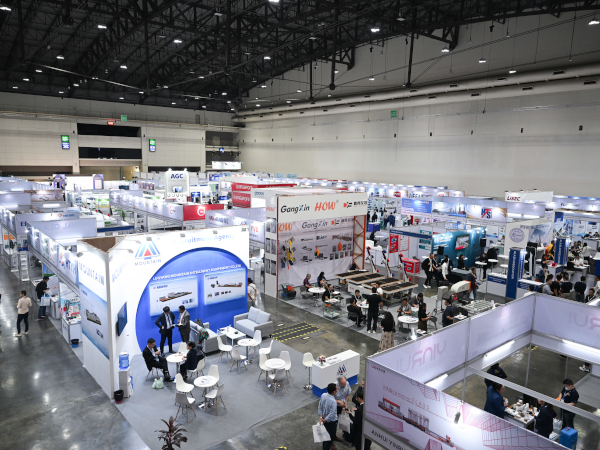
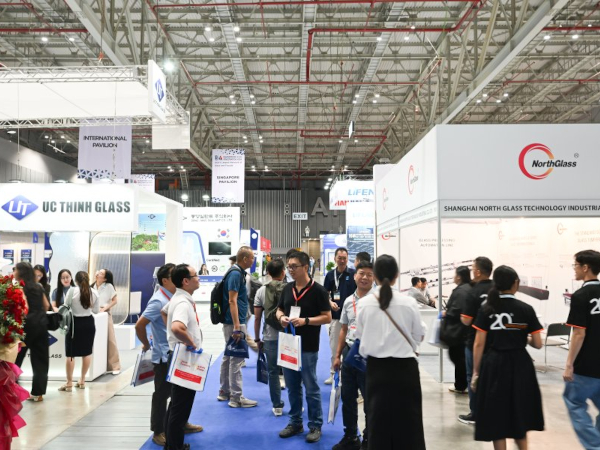
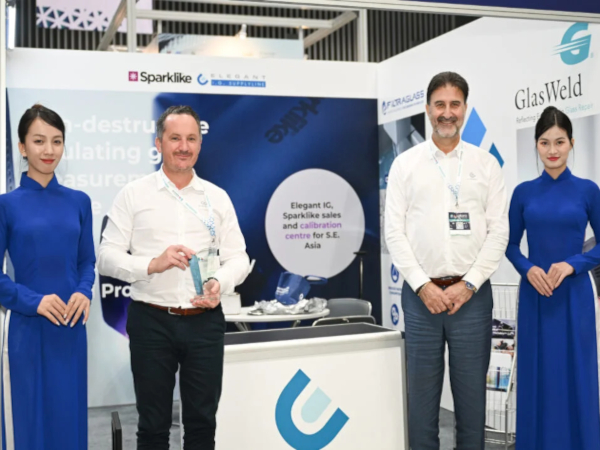
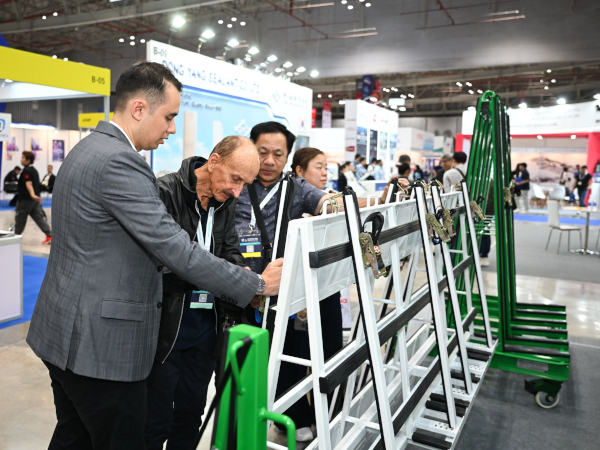
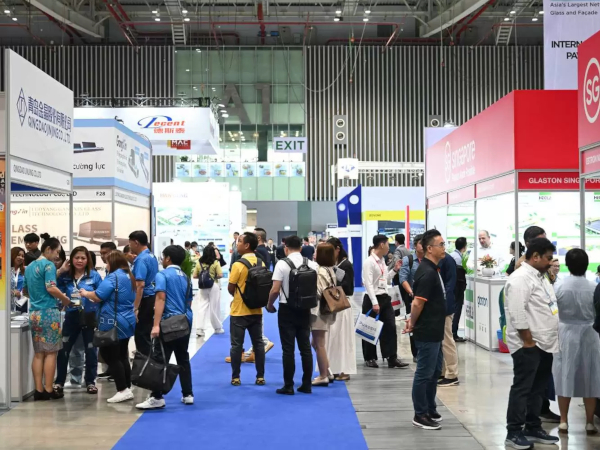
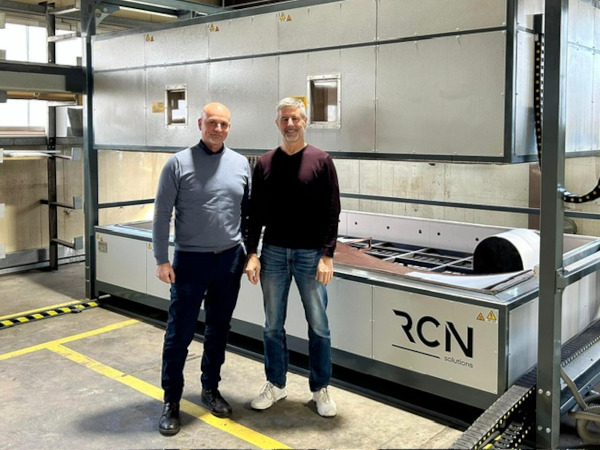

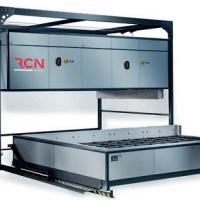
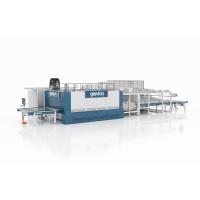
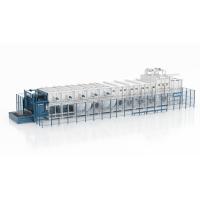
Add new comment